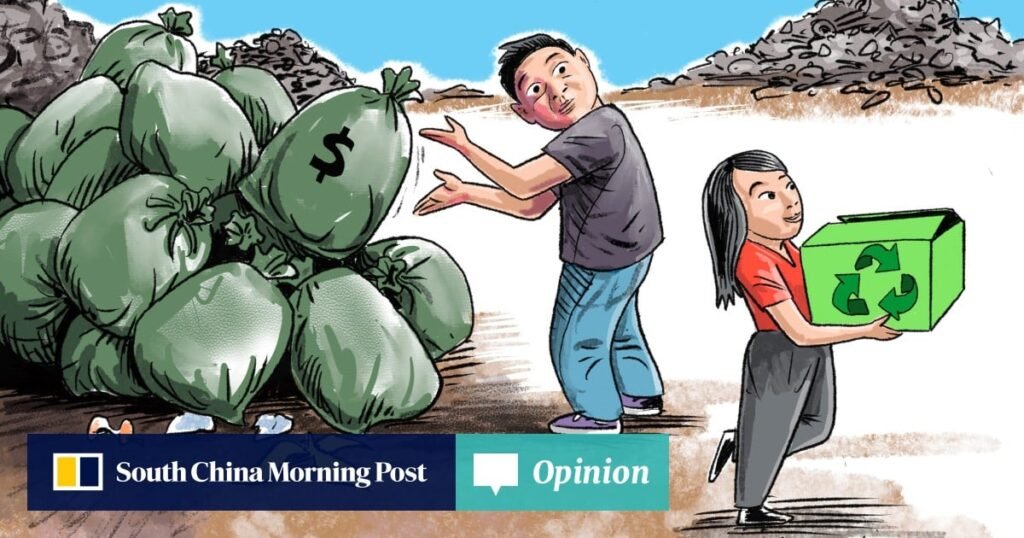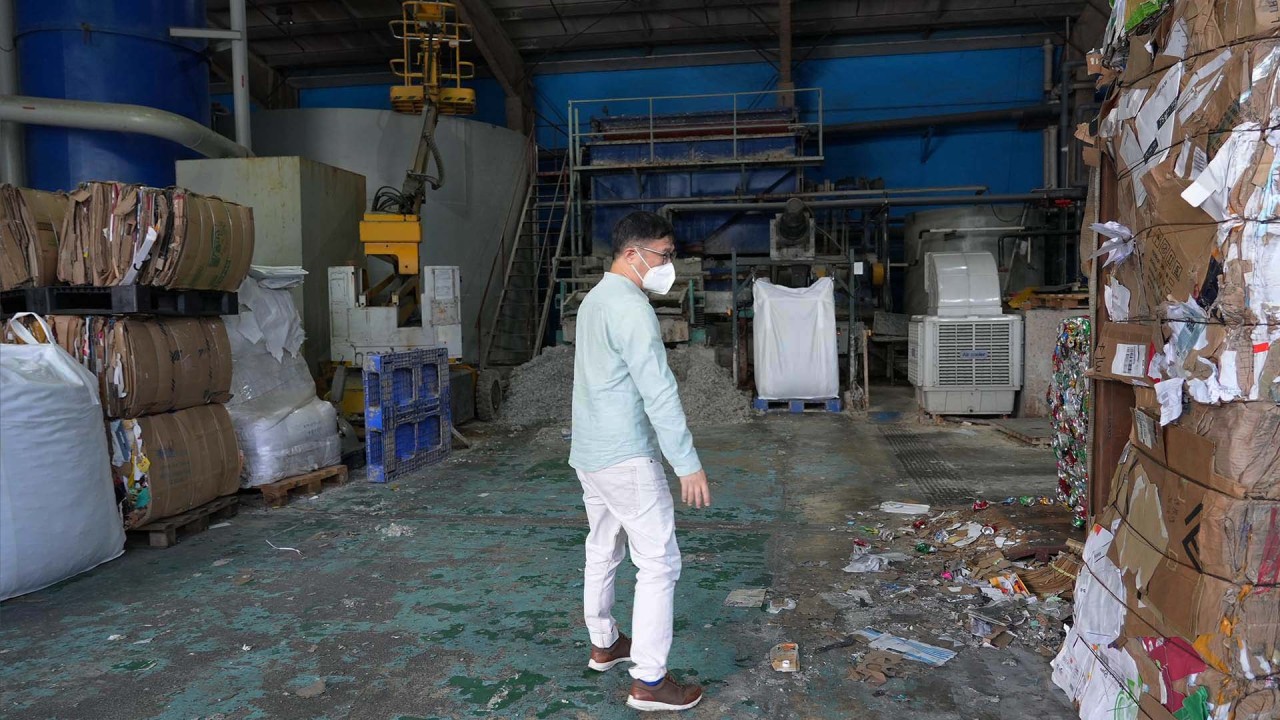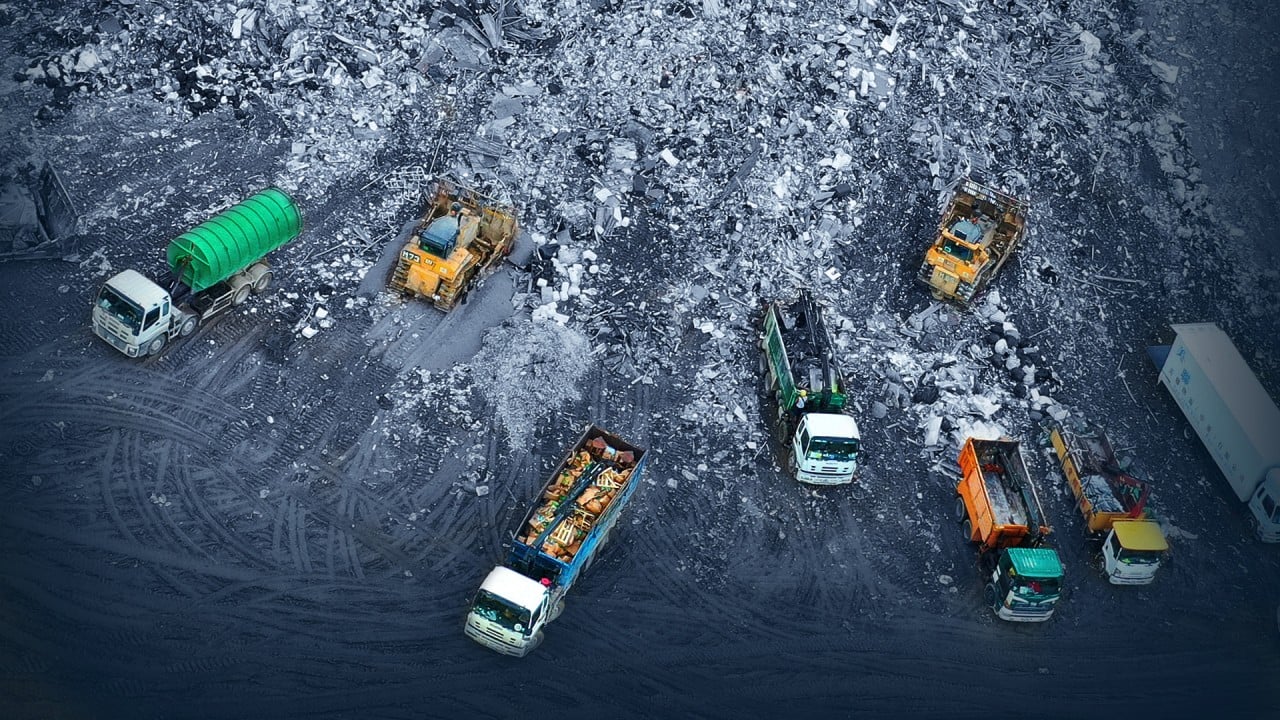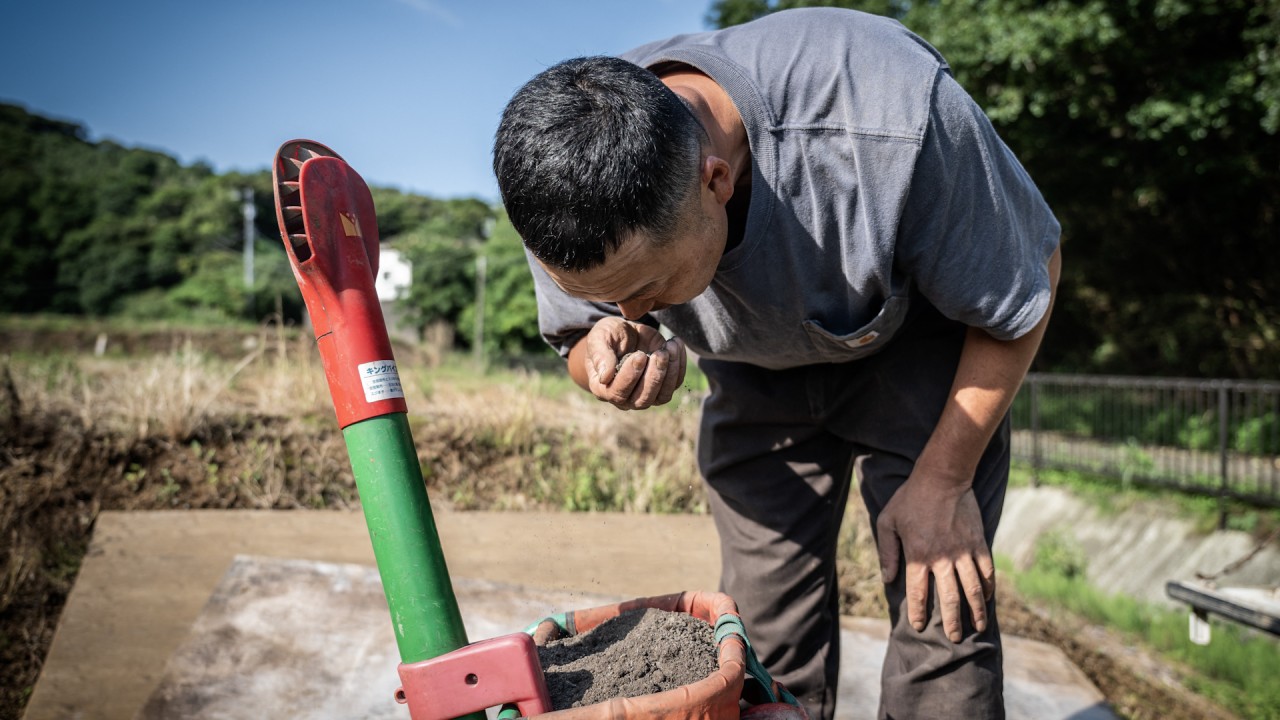In Hong Kong, the consolidation of around 170 public waste collection points and 220 recycling sites across the city will expand the community waste collection and recycling network.
Meanwhile, the Housing Authority, which is responsible for managing 258 public rental housing estates housing around 2.1 million residents, should also play a role in waste management.
The government should centralise coordination through an Environmental and Ecological Bureau with policy responsibility, supported by the Ministry of Environmental Protection.
By addressing the fragmented structure of waste management and promoting institutional reform, Hong Kong can establish an efficient and comprehensive recycling system that benefits both the environment and society.
The policies needed for reform should be led by Secretary-General Eric Chan Kwok-ki, whose work will be divided into three phases: short-term, medium-term and long-term.
First, it is necessary to thoroughly understand the number, distribution, location, and division of waste disposal responsibilities of public waste collection points in the city.
In 2022, food waste accounted for about 30 percent, or about 3,300 tonnes, of the 11,130 tonnes of solid waste generated. Of this, 2,300 tonnes was household waste, while the remaining 1,000 tonnes was generated from commercial and industrial sources, such as restaurants, hotels, wet markets, and food production and processing industries.
The government outsources the management of this food waste: waste collectors and recyclers are contracted to transport all food waste to processing centres.
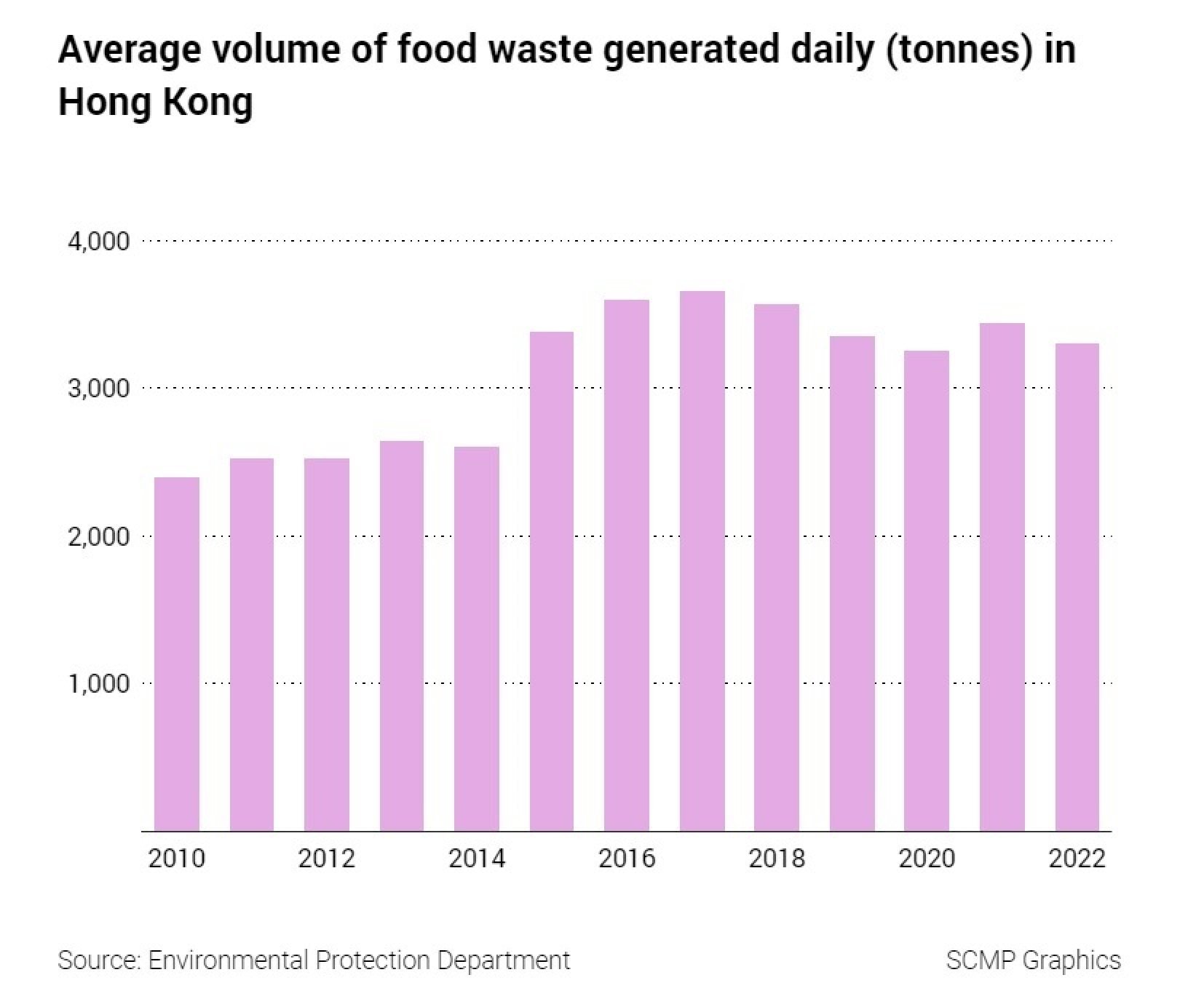
In the big picture of things, the government should not ignore the Agriculture, Fisheries and Conservation Bureau. Hong Kong has 4,400 hectares of farmland, of which 3,700 hectares lie fallow. Turning food waste into fertiliser and making it a key component of the local agricultural system is the way forward.
Science parks, eco-parks and local universities should also put their resources into scientific research on waste recycling and processing to help the government make the best decisions, creating an industrial ecosystem that combines best practices and research.
If Hong Kong can put in place a system that incorporates waste collection, sorting, recycling and conversion of waste to energy and bio-fertiliser, its green development blueprint will become a reality.
But first, the government must abandon the outsourcing mentality. Such an ambitious blueprint requires active participation from officials. Expert consultants may be called in to help, but in the long run, it will be the responsibility of government officials to participate in the research process and field visits to ensure accountability.
Deputy Secretary-General Warner Chok Win-Hin will bear some responsibility in this regard. He needs to continue to push for institutional reforms for effective waste management. He will also need to analyse the existing system and the proposed waste charging system, undertake a rewrite of rules and regulations on waste classification, and research new recycling technologies.
Legislators and district councils should also support the government in solving problems and addressing challenges, rather than simply criticizing policies. They can propose solutions based on their district’s circumstances, taking into account factors such as the prevalence of public and private housing. Tailoring waste collection models to suit each district’s circumstances would improve the effectiveness of the entire recycling ecosystem.
Matthias Wu is Co-Artistic Director and Executive Director of Zuni Icosahedron.

